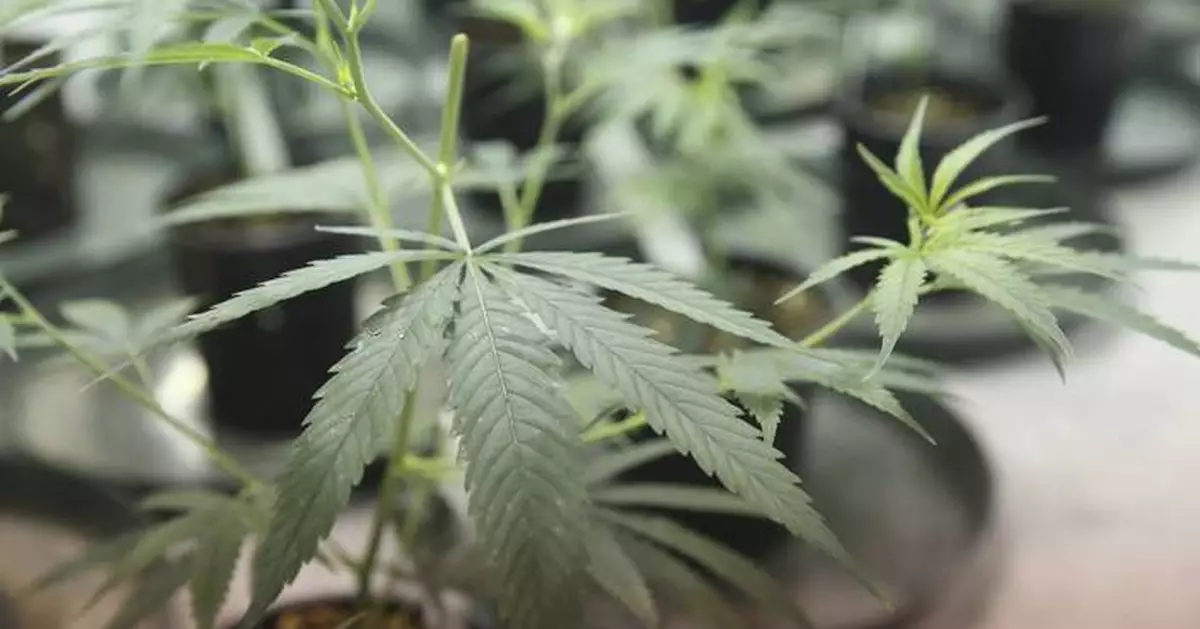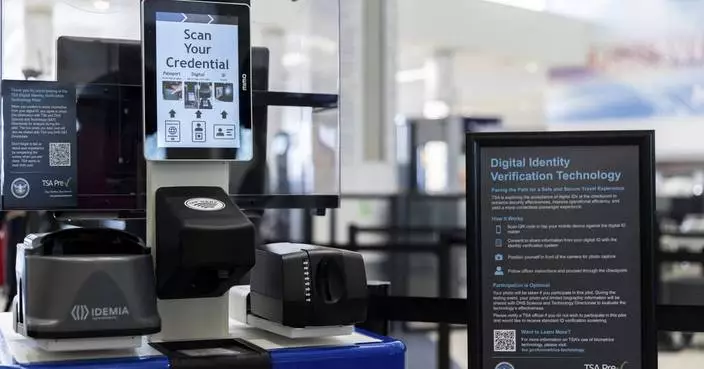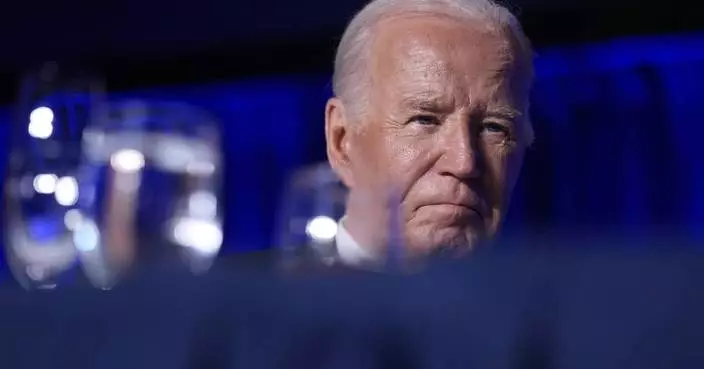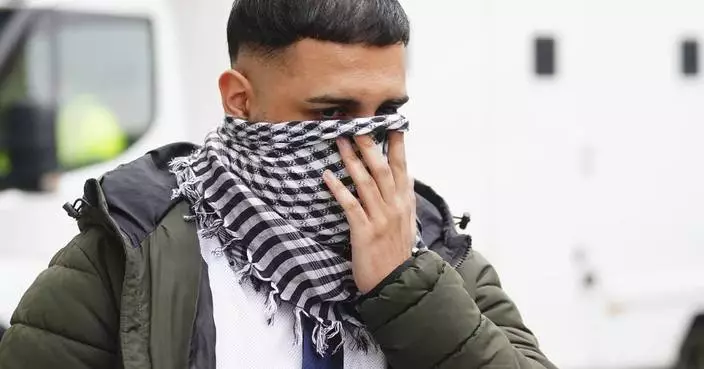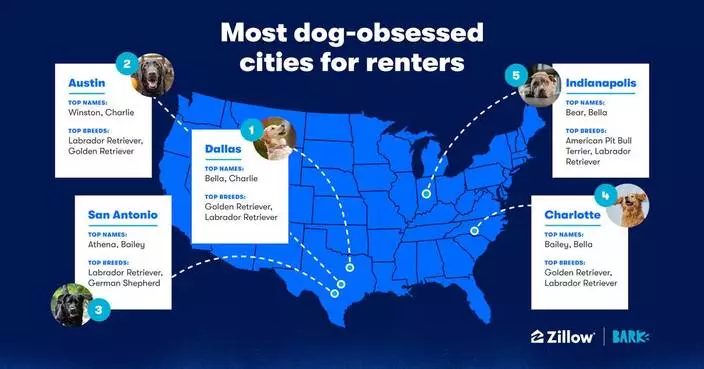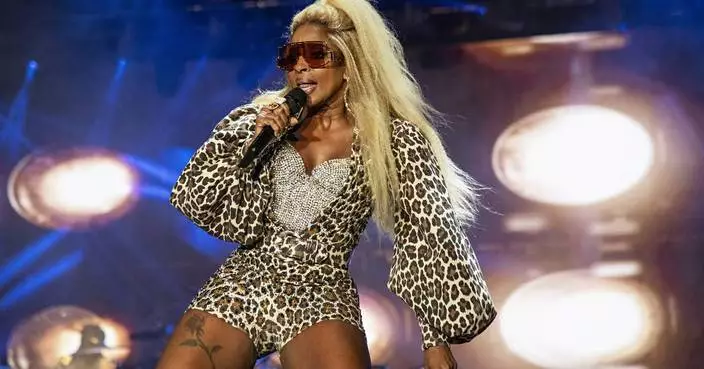TALLAHASSEE, Fla. (AP) — The Florida Supreme Court issued rulings Monday allowing the state's voters to decide whether to protect abortion rights and legalize recreational use of marijuana, rejecting the state attorney general's arguments that the measures should be kept off the November ballot.
The court was not ruling on the merits of the measures, but only whether they meet the requirements for clarity and don't violate the state constitution's mandate that they only cover one subject.
The court’s ruling came the same day it upheld the state’s ban on most abortions after 15 weeks of pregnancy. State lawmakers had tightened the ban to six weeks while the issue was still in court. Monday's ruling, therefore, likely paves the way for the six-week ban to go into effect.
The justices by a 4-3 vote approved for the ballot a proposed amendment that would protect the right to an abortion. The four male justices constituted the majority while the three women opposed allowing the measure to proceed.
The proposed amendment says “no law shall prohibit, penalize, delay, or restrict abortion before viability or when necessary to protect the patient’s health, as determined by the patient’s healthcare provider.” It provides for one exception that is already in the state constitution: Parents must be notified before their minor children can get an abortion.
The majority rejected Republican Attorney General Ashley Moody 's argument that the proposed amendment is deceptive and that voters won’t realize just how far it will expand access to the procedure.
They also rejected an argument that the measure violates the single-subject clause because it would both allow abortions before the fetus is viable and for the mother’s health. The opponents had argued that some voters might approve of allowing abortions to protect the mother’s health, but would reject allowing unrestricted abortions before viability. They claimed those are separate subjects.
The majority said that under both Florida and federal law, “abortion has historically involved two major interconnected matters: the viability of the fetus and the health of the mother.”
“The mere fact that electors might not agree with the entirety of the amendment does not render it violative of the single-subject requirement,” the justices wrote.
Writing for the dissenters, Justice Jaime Grosshans wrote that the measure's ballot summary is misleading and should have been rejected.
“The summary does not give the voter any clarity on the decision they must actually make or reveal the amendment’s chief purpose. Instead, it misleads by omission and fails to convey the breadth of what the amendment actually accomplishes — to enshrine broad, undefined terms in our constitution that will lead to decades of litigation.”
The ruling could give Democrats a boost in the polls in a state that used to be a toss-up in presidential elections. While many voters aren’t enthusiastic about a rematch between former President Donald Trump and President Joe Biden, it could inspire more abortion rights advocates to cast a ballot. Trump won Florida four years ago.
Republican Gov. Ron DeSantis' office issued a statement criticizing the ruling and supporting “the three women on the Court who got it right." He appointed all three women to the court and two of the four men.
“This amendment is misleading and will confuse voters," the statement said. “The language hides the amendment’s true purpose of mandating that abortions be permitted up to the time of birth.”
But Anna Hochkammer, executive director of Florida Women’s Freedom Coalition, applauded the decision, calling it “a huge step forward in our ongoing fight to safeguard a woman’s right to have an abortion and to limit government interference in their personal healthcare decisions."
“The overwhelming response from Floridians from every political affiliation, religion and walk of life signifies that this issue transcends partisan politics; it’s about healthcare, plain and simple,” she said.
Florida will now be one of several states where voters could have a direct say on abortion questions this year.
There has been a major push across the country to put abortion rights questions to voters since the U.S. Supreme Court overturned Roe v. Wade and removed the nationwide right to abortion. Referendums to guarantee abortion rights are set for Maryland and New York, and activists on both sides of the issue in at least seven other states are working to get measures on 2024 ballots.
The justices voted 5-2 to allow on the ballot a measure that would allow companies which already grow and sell medical marijuana to sell it to adults over 21 for any reason. The ballot measure also would make possession of marijuana for personal use legal.
Moody argued that the proposal is deceptive, in part, because federal law still doesn't allow recreational or medical use of marijuana. She argued that the court previously erred when it approved the language for the medical marijuana ballot initiative voters passed in 2016.
In the majority opinion, Grosshans rejected Moody's argument, saying the measure will not confuse voters as it “clearly states that the amendment legalizes adult personal possession and use of marijuana as a matter of Florida law.”
Grosshans rejected an argument by others that the measure violates the prohibition against multi-subject ballot measures because it both decriminalizes marijuana and allows for its sale. Grosshans wrote that those two are logically linked.
“Legalization of marijuana presumes the product will be available for the consumer. Likewise, the sale of personal-use marijuana cannot be reasonably undertaken while possession is criminalized. Selling and possessing marijuana appear, for better or worse, directly connected,” Grosshans wrote.
This measure, too, could be an issue that motivates more Democrats to vote.
__
Spencer reported from Fort Lauderdale, Florida. Associated Press writers Curt Anderson in St. Petersburg, Florida, and David Fischer in Miami contributed to this report.
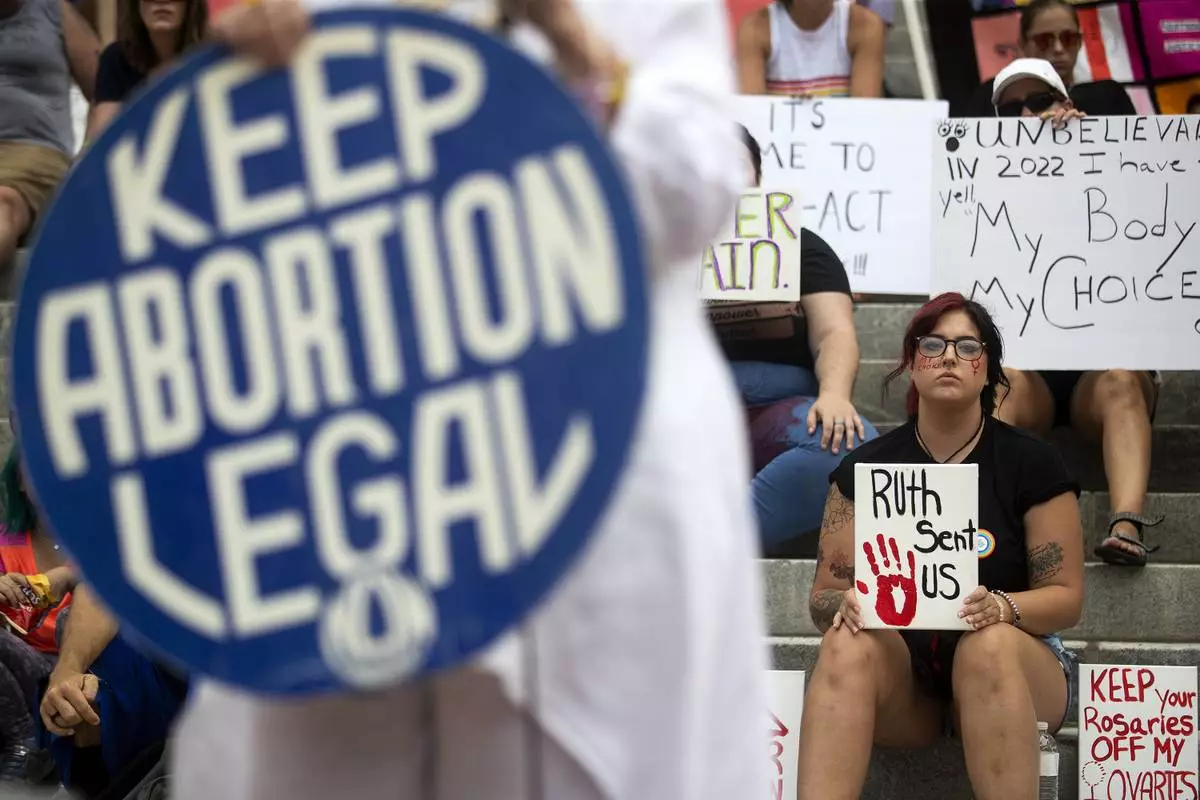
FILE - Protesters hold signs as Barbara DeVane, of the Tallahassee National Organization for Women, speaks outside the Florida Historic Capitol, June 24, 2022, in Tallahassee, Fla., during a rally protesting the Supreme Court's overturning of Roe v. Wade. The Florida Supreme Court issued rulings Monday, April 1, 2024, allowing the state's voters to decide whether to protect abortion rights and legalize recreational use of marijuana, rejecting the state attorney general's arguments that the measures should be kept off the November ballot. (Chasity Maynard/Tallahassee Democrat via AP, File)

FILE - Participants wave signs as they walk back to Orlando City Hall during the March for Abortion Access, Oct. 2, 2021, in Orlando, Fla. The Florida Supreme Court on Monday, April 1, 2024, upheld the state's ban on most abortions after 15 weeks of pregnancy, which means a subsequently passed six-week ban can soon take effect. (Chasity Maynard/Orlando Sentinel via AP, File)
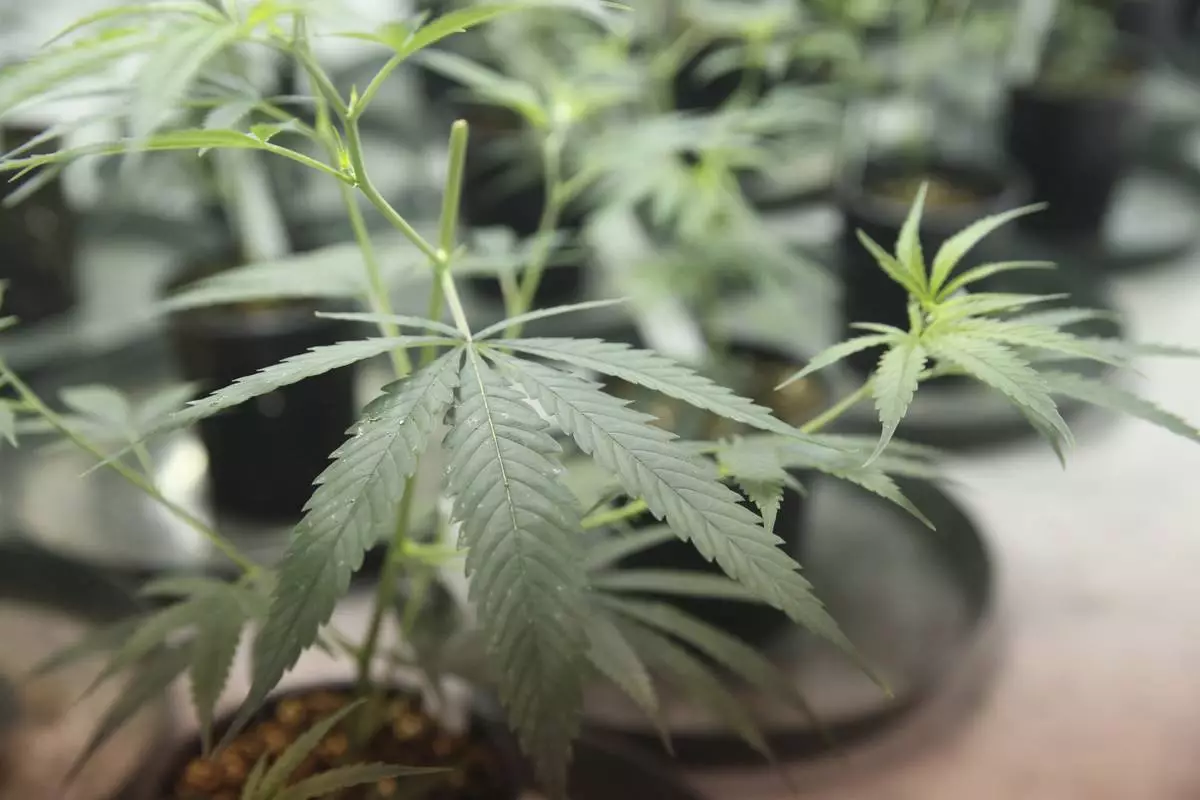
FILE - Marijuana plants in their initial stages of growth are cultivated in one of the rooms within Surterra Therapeutics' 6,000-square-foot facility, June 28, 2016, on the outskirts of Tallahassee, Fla. The Florida Supreme Court issued rulings Monday, April 1, 2024, allowing the state's voters to decide whether to protect abortion rights and legalize recreational use of marijuana, rejecting the state attorney general's arguments that the measures should be kept off the November ballot. (Joe Rondone/Tallahassee Democrat via AP)
NEW YORK (AP) — Lawyer Keith Davidson returned to the witness stand in Donald Trump's hush money trial on Thursday following a contempt hearing over whether the former president violated a gag order again.
Judge Juan M. Merchan heard from both prosecutors and one of Trump's defense attorneys about four more prospective violations, including comments Trump made about the political makeup of the jury and comments he made to reporters in the courthouse hallway. No immediate decision on the potential sanctions would made and it was unclear when Merchan might rule.
Merchan already sanctioned the former president on Tuesday, fining him $9,000 over nine online posts and threatening him with jail time if he continues violating the gag order.
The trial entered is in its 10th day and second week of witness testimony.
Prosecutors have said that Trump and others conducted a scheme to illegally influence the 2016 election by purchasing and burying salacious stories that might hurt his campaign.
Trump is accused of falsifying internal business records to cover up hush money payments — including $130,000 given to porn actor Stormy Daniels by Cohen — recording them instead as legal expenses.
He has pleaded not guilty to 34 felony counts of falsifying business records.
The case is the first-ever criminal trial of a former U.S. president and the first of four prosecutions of Trump to reach a jury.
Currently:
— Key players: Who’s who at Donald Trump’s hush money criminal trial
— The hush money case is just one of Trump’s legal cases. See the others here
— Read the judge's full order on Donald Trump's gag order violations
— Trump calls judge ‘crooked’ after facing a warning of jail time if he violates a trial gag order
Here's the latest:
As Keith Davidson returned to the witness stand Thursday, jurors got a look at the confidential settlement agreement he negotiated on behalf of Stormy Daniels.
Under the deal dated Oct. 28, 2016, Michael Cohen paid Daniels $130,000 to keep quiet about her claims that she had a sexual encounter with Donald Trump a decade earlier.
The document referred to Daniels and Trump by pseudonyms Peggy Peterson and David Dennison, but it also contained a side letter that identified them by name.
“It is understood and agreed that the true name and identity of the person referred to as “DAVID DENNISON” in the Settlement Agreement is Donald Trump,” the document stated, with Trump’s name written in by hand.
The side letter said only Davidson and Cohen were to keep copies of the document, deeming it “ATTORNEY’S EYES ONLY.”
Davidson testified that was done because of the sensitive nature of the deal.
There was no immediate decision from Judge Juan M. Merchan on Thursday on whether Donald Trump violated his gag order again.
Prosecutors had requested sanctions over four more alleged violations of the court mandate that bars the former president from speaking publicly about witnesses, jurors and others in the case.
It was unclear when Merchan would rule on the issue.
Keith Davidson, the lawyer who negotiated hush money deals for Stormy Daniels and Karen McDougal, returned to the witness stand shortly thereafter.
Judge Juan M. Merchan grew impatient during Thursday's contempt hearing as the defense tried to justify Donald Trump’s April 22 comments to the Real America’s Voice TV network about the jury.
Trump told the network that the jury was “95% Democrats,” “the area’s mostly all Democrat,” and, “It’s a very unfair situation that I can tell you.”
Merchan interrupted Todd Blanche as he argued the comments were permissible because Trump believes the trial is a “political persecution” and that the location, in heavily Democratic Manhattan, put him at a distinct disadvantage.
“Did he violate the gag order?” Merchan asked.
“Absolutely, positively not,” Blanche responded.
“He spoke about the jury, right?” an incredulous Merchan said. “He said the jury was 95% Democrats and the jury had been rushed through and the implication being that this is not a fair jury.”
Blanche reasoned that the comment — a few seconds from a 21-minute interview — was said a passing reference to “the overall proceedings being unfair and political” and was not directed at any specific jurors.
Donald Trump's defense attorney argued during a contempt hearing Thursday that Michael Cohen should not be protected by a gag order barring the former president from speaking about witnesses and others connected to the hush money trial.
Todd Blanche argued that shouldn’t be the case.
He cited examples of social media posts from Cohen that were critical of Trump, including one that appeared to include a fabricated image of the former president in an orange superhero costume.
He said Cohen’s TikTok and other social media accounts “repeatedly” criticize and mock Trump and the gag order.
“This is not a man that needs protection from the gag order,” Blanche said.
Cohen was previously Trump's attorney and personal fixer.
Judge Juan M. Merchan indicated Thursday that he would not sanction Donald Trump for a comment last week wherein he called David Pecker, former publisher of the National Enquirer, “a nice guy,” in response to a question about Pecker's testimony.
“Just to save you time, I’m not terribly concerned about that one,” Merchan told Trump's attorney Todd Blanche. The judge, however, did express concern about the three other comments at issue in the hearing.
Pecker's witness testimony last week shed light on the tabloid's practice of paying sources for stories, including paying to bury stories about Trump.
Attorney Todd Blanche began his defense of Donald Trump's statements Thursday morning by invoking a recent comment by President Joe Biden forecasting “stormy weather” for Trump, an “obvious” reference to Stormy Daniels, Blanche said.
“President Trump can’t respond to that in the way he wants to because of this gag order,” he added.
Judge Juan M. Merchan said Trump was not barred from responding to his Democratic rival, but “is not allowed to refer to foreseeable witnesses.”
Blanche also said media coverage of the trial has made it impossible for Trump to conduct interviews without being bombarded with questions about the trial.
“He can’t just say no comment repeatedly. He’s running for president,” the attorney said, adding the gag order should be seen in the context of “what’s happening behind us,” a reference to the high volume of journalists in the courthouse.
Merchan quickly batted down the argument, noting that members of the press are “not defendants in this case.”
“The former president of the United States is on trial,” the judge continued. “He’s the leading candidate for the Republican party right now. It’s not surprising that we have press here, we have press in the overflow room, we have people throughout the world that are interested.”
Prosecutors in Donald Trump's hush money case are seeking more fines — and not jail time — for the former president over more alleged violations of his gag order.
Assistant District Attorney Christopher Conroy asked the judge to impose a $1,000 fine for each of the four violations, which prosecutors contend include comments made in the hallway outside the courtroom, where Trump often speaks to reporters.
In one of those monologues, Trump attacked Michael Cohen as a “liar.”
“The defendant is talking about witnesses and the jury in this case, one right here outside this door,” said Conroy, the prosecutor. “This is the most critical time, the time the proceeding has to be protected.”
Conroy said prosecutors were not yet seeking jail time as punishment because the alleged violations at issue happened before Merchan ordered Trump on Tuesday to pay a $9,000 fine for nine previous violations.
“Because we’d prefer to minimize disruption to this proceeding, we are not yet seeking jail, but the court’s decision this past Tuesday will inform the approach we take to future violations,” Conroy told the judge.
Judge Juan M. Merchan opened Thursday's proceedings in Donald Trump's hush money trial with a contempt hearing on prosecutors' allegations that the former president violated his gag order four more times.
Those are in addition to nine violations Trump was fined for earlier in the week.
Merchan said prosecutors had submitted four exhibits, constituting a video clip of each violation, which will not be played in court. Trump’s lawyers submitted nearly 500 pages of evidence in a bid to refute the alleged violations.
In a court filing, his lawyers argued that the gag order was designed to silence him while his enemies — including witnesses Michael Cohen and Stormy Daniels — are allowed to repeatedly attack him.
Assistant District Attorney Christopher Conroy said in court Thursday that’s not true, arguing that the gag order was imposed as a result of Trump’s “persistent and escalating rhetoric aimed and participants in this proceeding.”
“By talking about the jury at all, he places this process and this proceeding in jeopardy. That is what the order forbids and he did it anyway,” Conroy added.
The jury was not present for the proceeding.
Donald Trump arrived at the courthouse in lower Manhattan for the 10th day of his hush money trial just after 9 a.m. on Thursday.
Speaking to reporters on his way in, the former president criticized the proceedings as “a ridiculous show trial” and “bogus.”
He also griped that the case should have been brought “eight years ago,” which would have been before prosecutors allege a crime was committed.
Karen McDougal sold her story to the National Enquirer in August 2016 and Stormy Daniels made her deal with Michel Cohen in October 2016. Trump didn’t start making reimbursement payments to Cohen, which prosecutors say were falsely logged as legal fees, until 2017.
Trump strode into the courtroom trailed by his lawyers and aides including Boris Epshteyn.
Donald Trump's hush money trial is expected to last another month or more, with jurors hearing testimony four days a week. The former president — who has cast the prosecution as an effort to hurt his 2024 campaign — is required to be there, much to his stated dismay.
“They don’t want me on the campaign trail,” he said Tuesday.
The judge said Tuesday that there will be no court on May 17 so Trump can attend his son Barron’s high school graduation.
Court also won’t be in session on May 24 to accommodate a juror who has a flight that morning, the judge said. That means the trial will be off for four straight days for the Memorial Day weekend, resuming on May 28.
Keith Davidson, a lawyer who represented former Playboy model Karen McDougal and porn actor Stormy Daniels in hush money deals with Michael Cohen and the National Enquirer, returns to the witness stand on Thursday.
His testimony dominated Tuesday afternoon as he outlined the sequence of events that led up to the agreements, including his first interactions with Cohen, who was then Trump's lawyer and personal fixer. Among other things, Davidson testified that pseudonyms were used in the deal with Daniels and that Cohen was late in delivering the agreed-upon $130,000 payment for the porn performer.
He also testified that he thought Daniels' story would be a “tornado” if it got out.
Daniels has alleged that she had a sexual encounter with Trump in 2006 while McDougal alleged a yearlong affair with him. Trump has denied both allegations.
During a one-day break in Donald Trump's historic hush money trial, the former president lashed out at the judge overseeing the case and complained about a gag order that bars him from speaking publicly about key witnesses and others.
“There is no crime. I have a crooked judge, is a totally conflicted judge,” Trump told supporters at a Waukesha, Wisconsin, event on Wednesday.
While the gag order pertains to speaking publicly about jurors, key witnesses and others in the case, Trump remains free to criticize Judge Juan M. Merchan.
Witness testimony in Donald Trump's criminal trial is set to resume Thursday, but only after a hearing on more potential gag order violations takes place.
Prosecutors have said that Trump, in four new online posts, again violated a court mandate barring him from speaking publicly about jurors, witnesses and others in the hush money case. Judge Juan M. Merchan already sanctioned the former president on Tuesday for nine online posts, fining him $9,000 and threatening him with jail time if he continues violating the order.
The sanctions — and the prospect of more — highlight the difficulty Trump has had adjusting to his court responsibilities as a criminal defendant while also campaigning as the presumptive GOP presidential nominee.
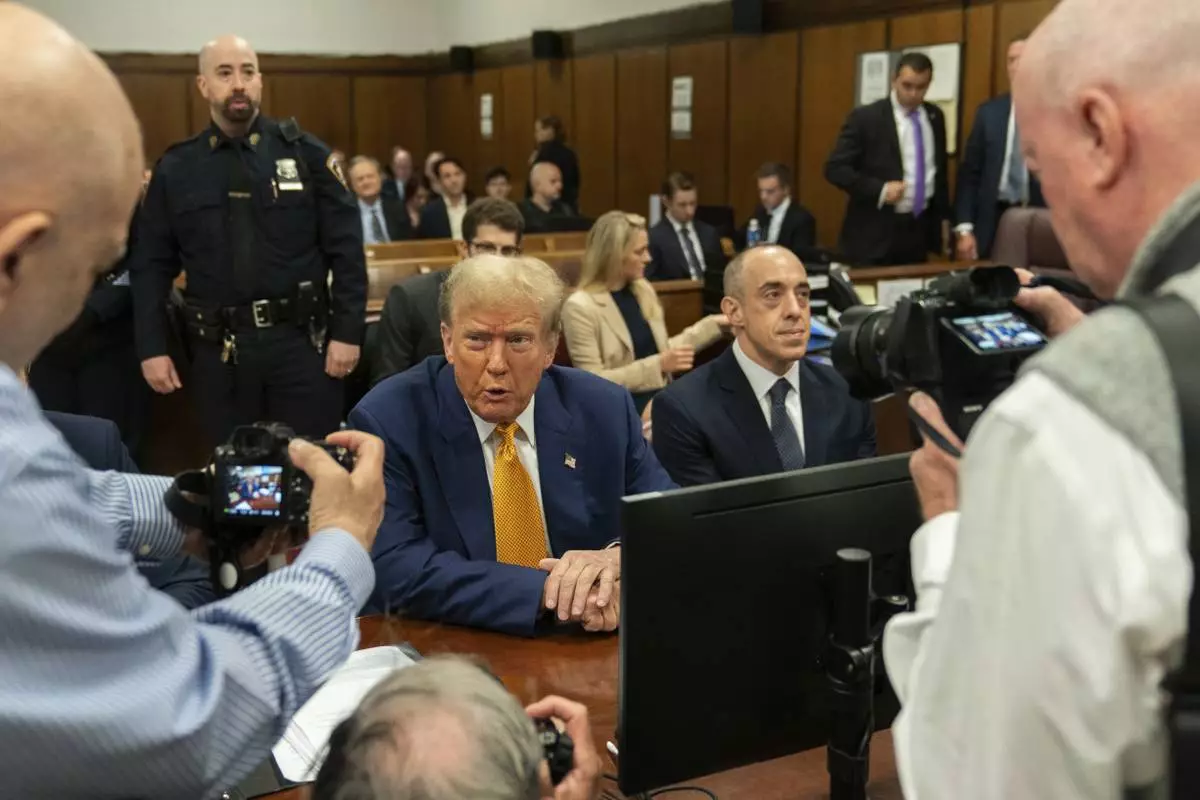
Former President Donald Trump appears at Manhattan criminal court before his trial in New York, Thursday, May 2, 2024. (Jeenah Moon/Pool Photo via AP)
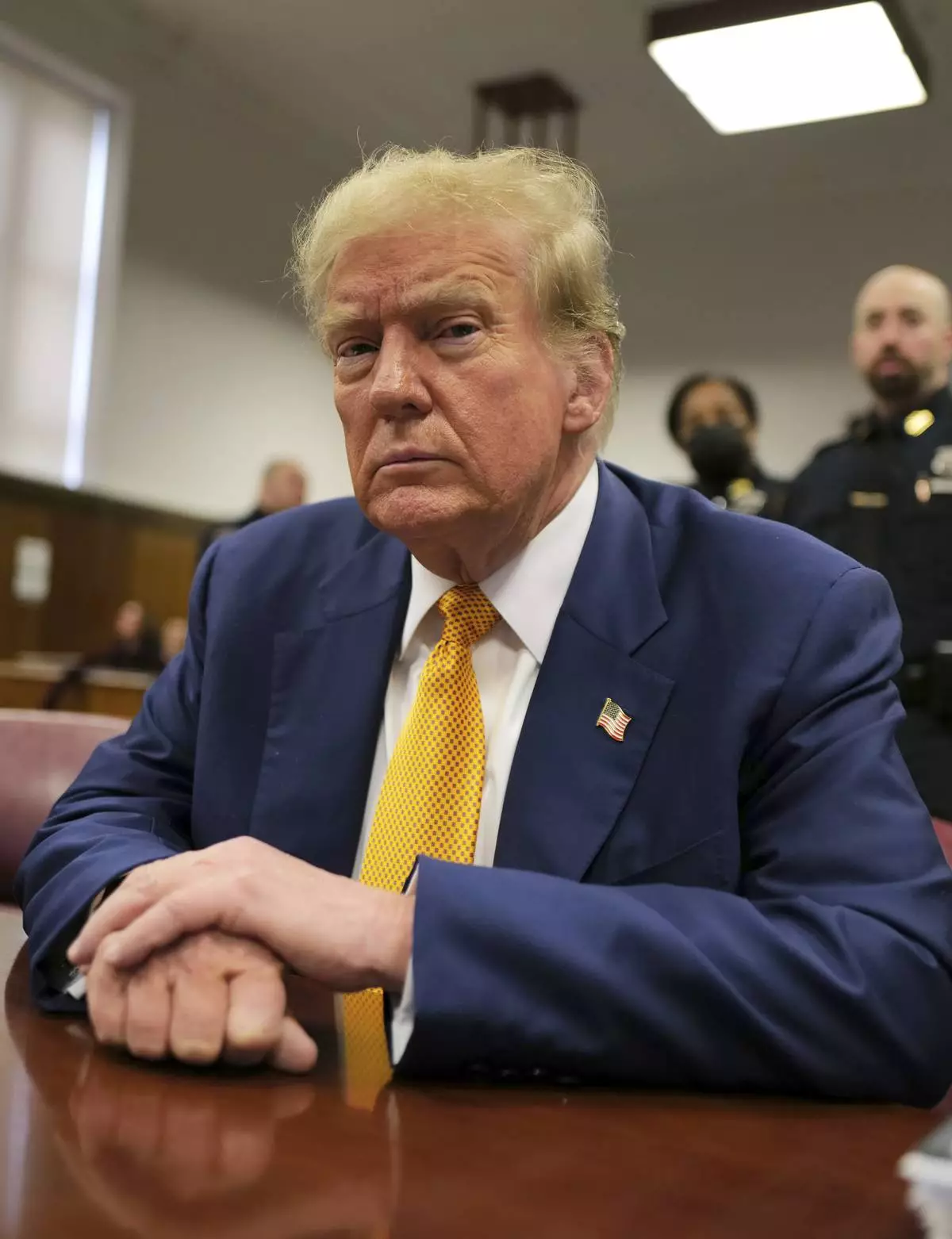
Former President Donald Trump appears at Manhattan criminal court before his trial in New York, Thursday, May 2, 2024. (Charly Triballeau/Pool Photo via AP)

Former President Donald Trump walks outside the courtroom of his trial at Manhattan criminal court, Tuesday, April 30, 2024, in New York. (Curtis Means/Pool Photo via AP)
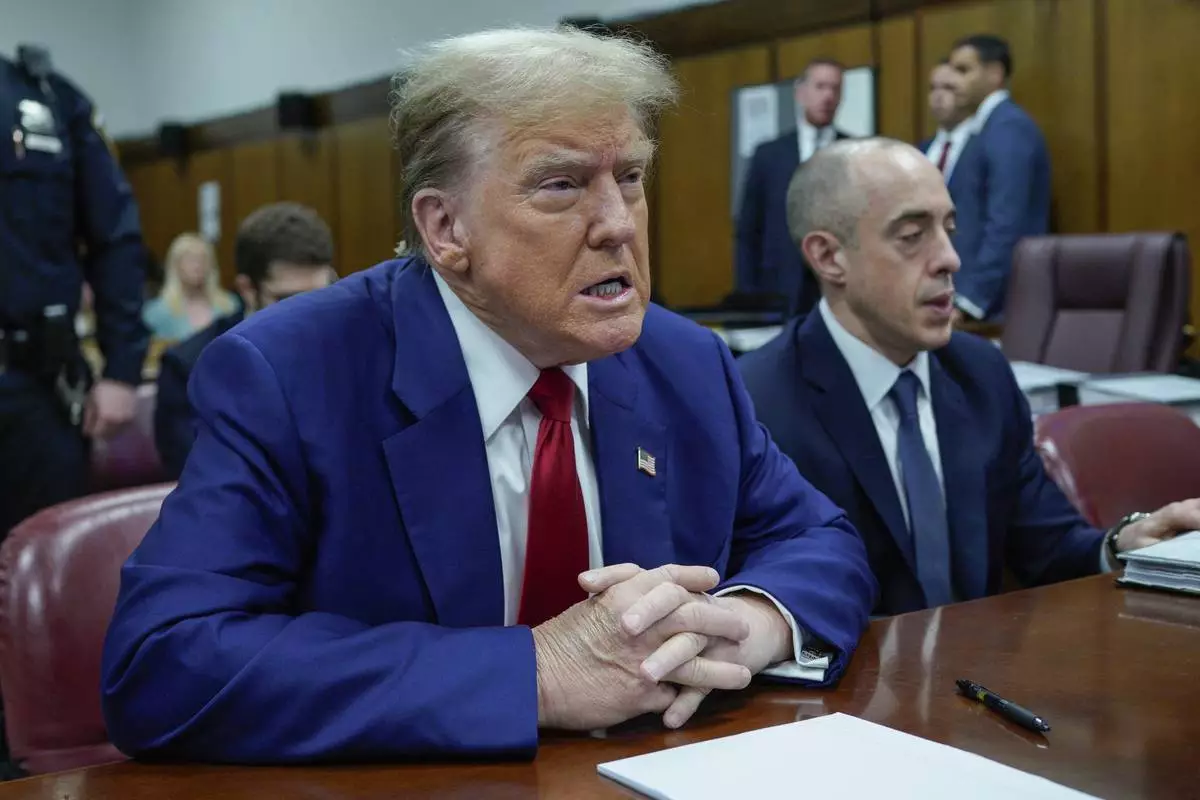
Former President Donald Trump awaits the start of proceedings at Manhattan criminal court, Tuesday, April 30, 2024, in New York. (Eduardo Munoz/Pool Photo via AP)
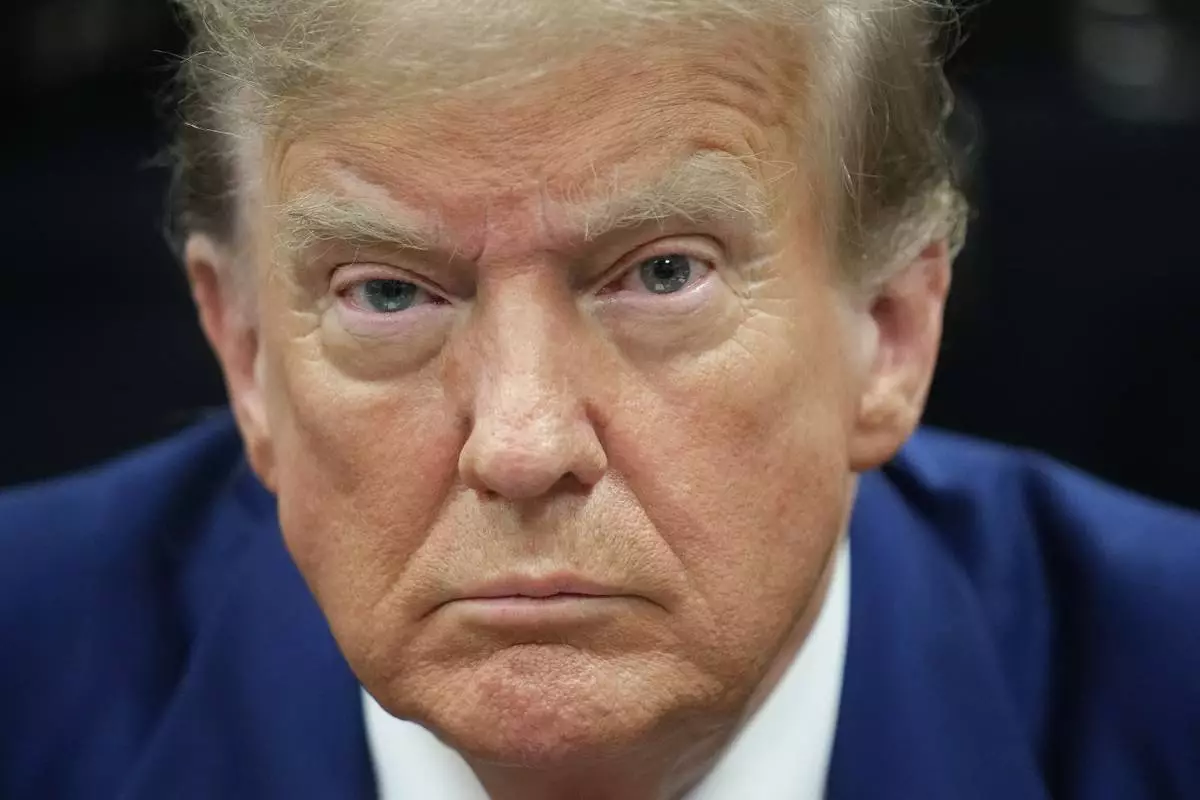
Former President Donald Trump awaits the start of proceedings at Manhattan criminal court, Tuesday, April 30, 2024, in New York. (AP Photo/Seth Wenig, Pool)





